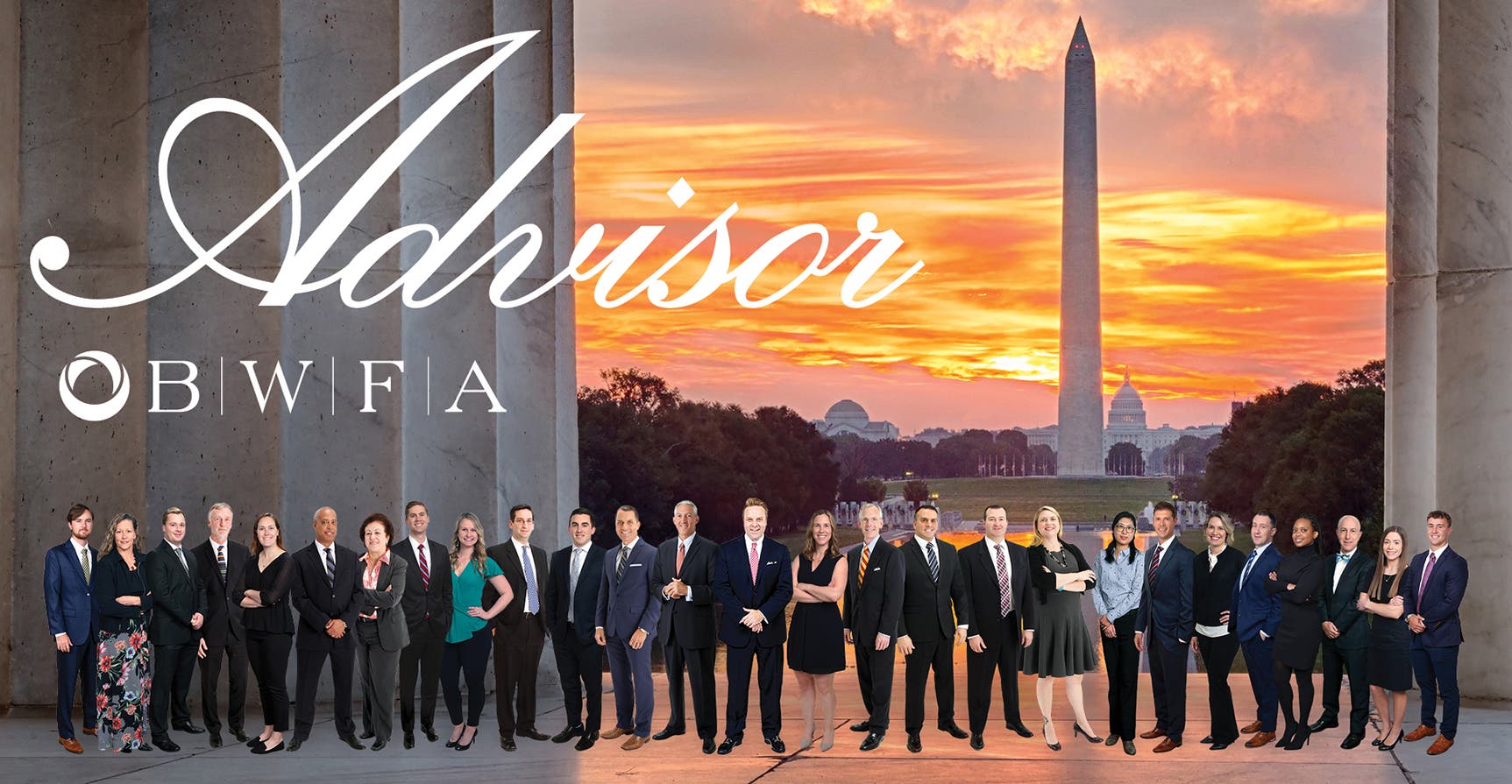
In times of crisis, you don’t want to be shaking pennies out of a piggy bank. Having an emergency fund, or a financial safety net, in place can ensure that you’re protected when a financial emergency arises.
One way to accomplish this is by setting up a cash reserve, a pool of readily available funds that can help you meet emergency or highly urgent short-term needs.
HOW MUCH IS ENOUGH?
Most financial professionals suggest that you have approximately three to six months’ worth of living expenses in your cash reserve. The actual amount, however, should be based on your particular circumstances. Do you have a mortgage? Do you have short-term and long-term disability protection? Are you paying for your child’s orthodontics? Are you making car payments? These are all important questions and factors that go into determining the appropriate size of your emergency fund. Other factors that need to be considered include your job security, health, and income. The bottom line: Without an emergency fund, a period of crisis (e.g., unemployment, disability) could be financially devastating.
BUILDING YOUR CASH RESERVE
If you haven’t established a cash reserve, or if the one you have is inadequate, it is a good time to review your budget to make sure you are saving adequately. If available, use payroll deduction at work, and you should budget your savings as part of regular household expenses. When reviewing your budget, you may find you are able to reduce some discretionary spending (e.g., eating out, movies, lottery tickets), which could free up some cash flow you could otherwise save.
Without an emergency fund, a period of crisis (e.g., unemployment, disability) could be financially devastating.
WHERE TO KEEP YOUR CASH RESERVE
You’ll want to make sure that your cash reserve is readily available when you need it. However, an FDIC-insured, low-interest savings account isn’t your only option. There are several excellent alternatives, each with unique advantages. For example, money market accounts or money market funds typically offer higher interest rates than savings accounts, with little increased risk.
It’s important to note that certain fixed-term investment vehicles (i.e., those that pledge to return your principal plus interest on a given date), such as CDs, typically impose a significant penalty for early withdrawals, so you will want to consider how much of your emergency fund (if any) you keep in these types of investment vehicles and plan accordingly to ensure you have adequate availability of funds, without penalty, to meet sudden financial needs.
REVIEW YOUR CASH RESERVE PERIODICALLY
Your personal and financial circumstances change often — a new child comes along, an aging parent becomes more dependent, or a larger home brings increased expenses. Because your cash reserve is the first line of protection against financial devastation, you should review it annually to make sure that it fits your current needs.
TYLER KLUGE
CFP®, CPWA®, CDFA®, CEPS
Financial Planner
trkluge@bwfa.com


